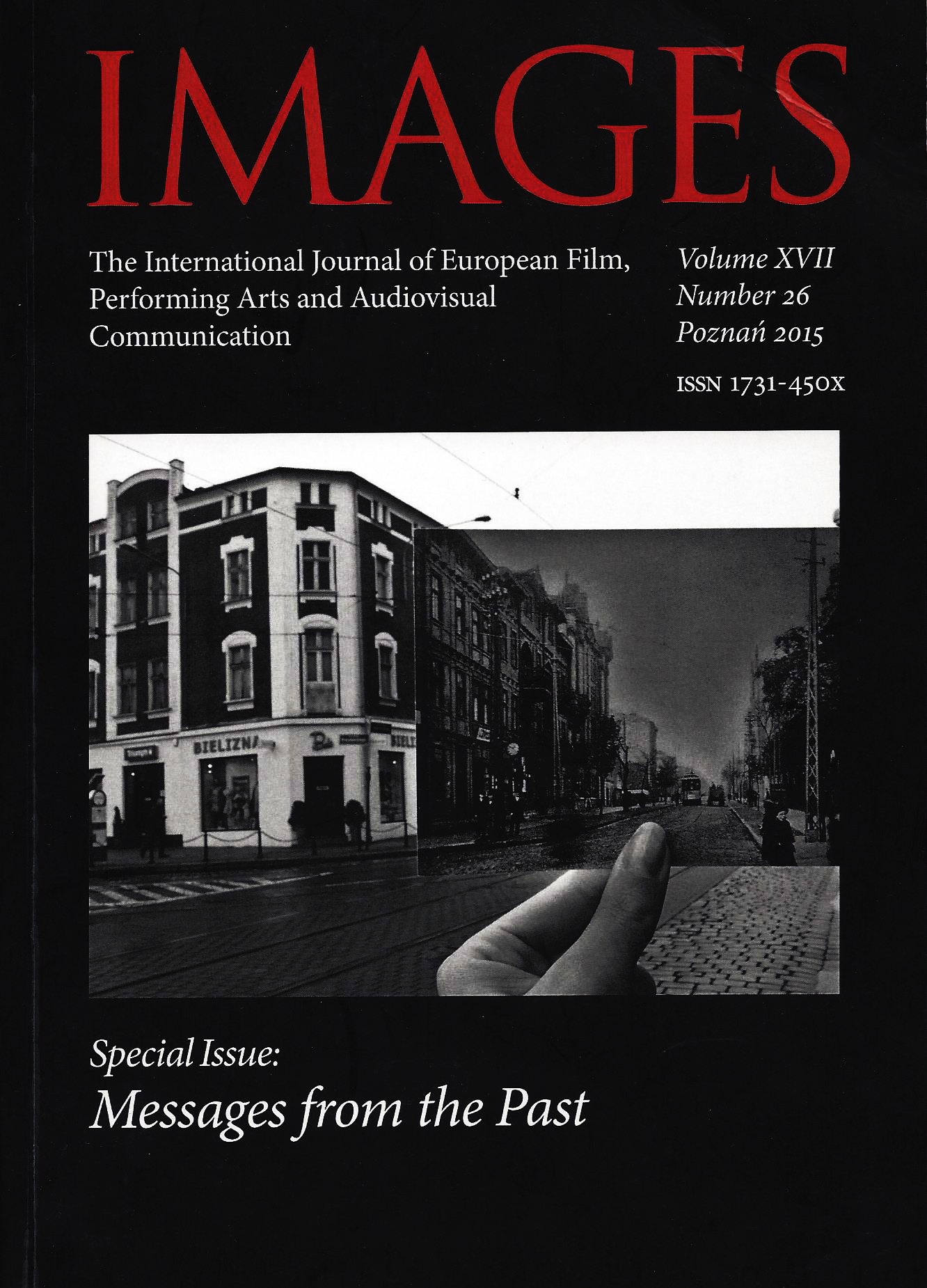Polish Postcommunist Cinema and the Neoliberal Order
Polish Postcommunist Cinema and the Neoliberal Order
Author(s): Ewa MazierskaSubject(s): Cultural history, Media studies, Post-Communist Transformation, Film / Cinema / Cinematography, Globalization, Sociology of Art
Published by: Uniwersytet Adama Mickiewicza
Keywords: Feliks Falk; Piotr Trzaskalski; Anna Kazejak-Dawid; neoliberalism; post-communism; ideology; working class; de-industrialisation; bare life;
Summary/Abstract: This essay discusses three Polish films from the last 10 years: Bailiff (Komornik, 2005), directed by Feliks Falk, Edi (2002), directed by Piotr Trzaskalski, and Silesia, directed by Anna Kazejak-Dawid, which is the first part in the omnibus film Ode to Joy (Oda do radości, 2005) of which the two remaining parts were directed by Jan Komasa and Maciej Migas. The main methodological tools are the concepts of neoliberalism and bare life. The article argues that the fall of communism led to the neoliberalisation of Polish society and the production of bare life. The aforementioned films attest to these changes and offer an assessment of them which conveys a specific ideology. By focusing on the construction of their narratives and characters, the article attempts to establish its main features and offer its explanation.
Journal: Images. The International Journal of European Film, Performing Arts and Audiovisual Communication
- Issue Year: 11/2012
- Issue No: 20
- Page Range: 53-63
- Page Count: 11
- Language: Polish

